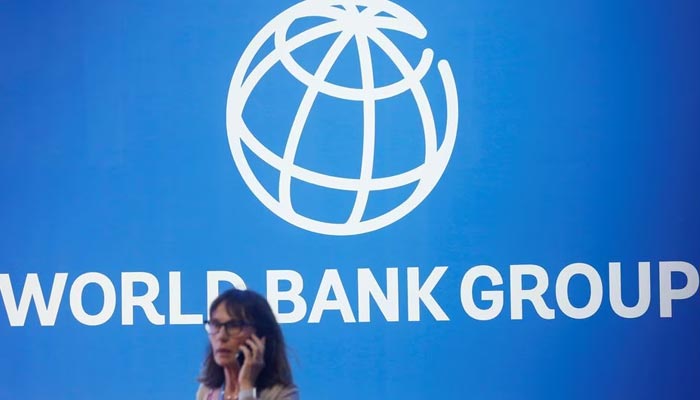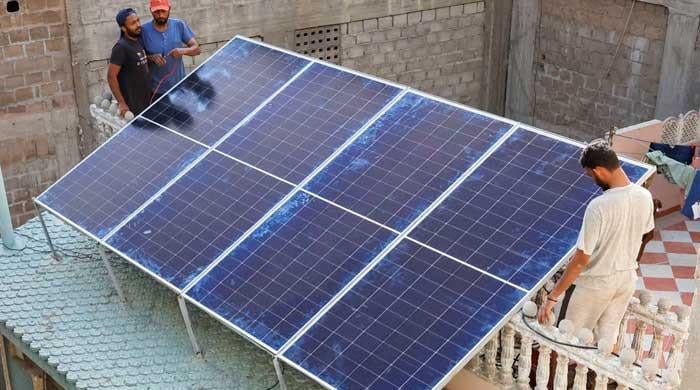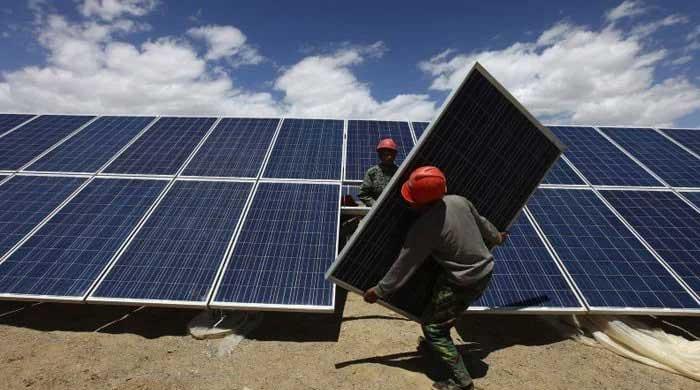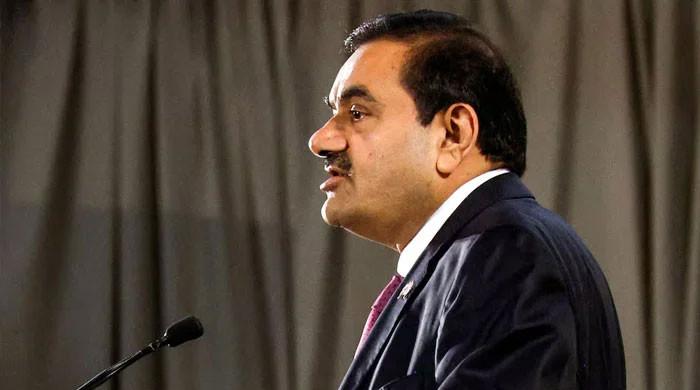World Bank to give $213m to Balochistan govt for flood affectees
Financing will help restore essential services by rehabilitating damaged infrastructure and facilities
May 26, 2023

- Financing will help restore essential services.
- IFRAP will provide grants to 35,100 homeowners.
- Programme will also restore degraded watersheds.
In order to improve livelihoods and essential services and enhance risk protection in communities affected by the 2022 floods, the World Bank approved $213 million in financing for Balochistan.
World Bank Country Director for Pakistan Najy Benhassine said: “We will be working closely with the Government of Balochistan to support the affected communities by providing livelihood support and rehabilitating irrigation and flood protection infrastructures."
“This will not only help restore livelihoods but also protect the population by improving their resilience to potential future climate-related disasters and natural hazards. This project is part of the comprehensive package of post-flood rehabilitation and resilient-reconstruction programme agreed with the authorities.”
According to a statement issued by the global lender, the Integrated Flood Resilience and Adaptation Project (IFRAP) will provide housing reconstruction grants to approximately 35,100 homeowners to rebuild their homes following resilience standards and livelihood grants to smallholder farmers to support livestock, promote climate-smart agriculture and other productive activities.
The financing will also help restore essential services by rehabilitating damaged infrastructure and facilities such as water supply, irrigation, roads, and community facilities.
Senior Water Specialist at the World Bank, Yoro Sidibe, said:“Balochistan is particularly vulnerable to natural disasters due to its geographical location, socioeconomic background, and climate change.”
“This project will help provide economic opportunities to the affected communities while ensuring social inclusion and participation. It will also strengthen institutional capacity in terms of preparedness and response to future disasters.”
The project will benefit approximately 2.7 million people in selected communities in calamity-declared districts across Balochistan. It will mitigate flood risks through a combination of resilient protection infrastructure, enhancing early warning systems, while ensuring that women have access to this system and disaster risk management information.
IFRAP will restore degraded watersheds and strengthen institutional capacity at both the provincial and local level.











